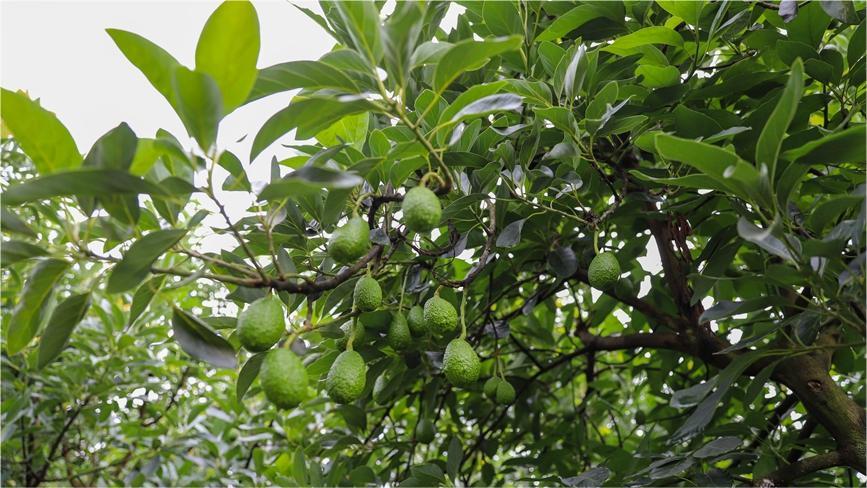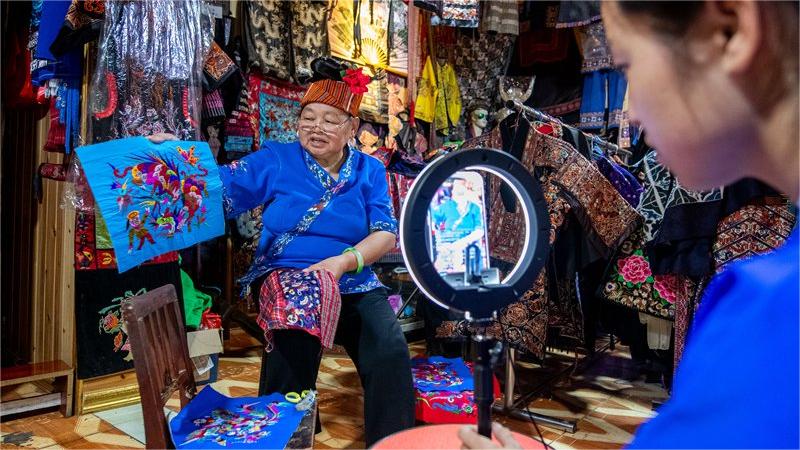Shielding high scorers in gaokao aims to avoid overexposure
As the results of China's College Entrance Examination (known as Gaokao) are gradually released, discussions have erupted over the appearance of the first "shielded high scorer," sparking widespread attention on social media platforms.
The term "shielded high scorers" refers to a practice adopted in several provinces where the specific scores of the top few dozen students are concealed in official reports, with students only being informed of their ranking within the top 50 in the province. This measure aims to protect the rights of high-scoring students, preventing excessive hype around top scorers and unfair competition among universities.
"Shielding high-scoring students' scores is a worthy step. In the past, many regions were keen on promoting 'top scorers' in the college entrance exam, blindly praising high-scoring students. Businesses took the opportunity to sell related products, leading to a societal obsession with 'score-based heroism,' which induced overexposure to high-score students," said Li Xia, an official from the Beijing Municipal Human Resources and Social Security Bureau.
Different from the SAT, the college admission exam in the U.S., which offers multiple testing opportunities annually with scores valid for five years, Gaokao is a nationwide exam held at a fixed time scheduled in different regions, carrying immense pressure for junior high students. Following the release of Gaokao results, top scorers are targeted with excessive exposure.
Many countries do not have an exam system exactly like China's college entrance exam, so foreigners may not fully understand the concept of high-score shielding.
"Some countries do protect the privacy of high-scoring students through methods such as recommendation letters, transcripts, and comprehensive evaluations. Overall, these countries also take various measures to protect student privacy and ensure fair competition, with results varying depending on their specific circumstances," Li added.
Li gives an example of the 'blind admission' policy in the US college application system, which emphasizes protecting students' personal information, and is somewhat similar to our score shielding practice.
According to the policy issued by the Ministry of Education in recent years, it is forbidden to hype the top scorers in the college entrance examination, aiming to break the rigid evaluation system of students based solely on scores. The document states that it is strictly forbidden to publish the top scorers and admission rates of the college entrance examination.
"Despite relevant policies, societal focus on high-scoring students is hard to eliminate," Li stated. "In addition to policy constraints, there is a need for a shift in public perception, reducing excessive attention on scores and promoting a return to the essence of education in nurturing individuals."
Promoting a few high-scoring students not only neglects educational equity but also disrespects the majority of students. Every year, a vast number of students take Gaokao, yet attention is only given to a very small number of top scorers. This exacerbates the unequal distribution of educational resources.
"It is necessary to pay more attention to ordinary students, providing equitable educational resources and opportunities to foster comprehensive student development. This not only helps achieve educational equity but also cultivates more capable and well-rounded future builders," said Li.
Zhang, a student who just took Gaokao this year, told the Global Times, "In addition to protecting the privacy of high-scoring students, there should be more focus on ordinary students, providing more psychological support and guidance for college applications to truly achieve educational equity."
"This policy has little direct impact on me, but it reflects the education system's greater focus on top students. As an ordinary student, I hope for more fair opportunities to showcase and develop my abilities," Zhang added.
Focusing on the mental health of the majority of students, providing effective guidance for college applications, and helping them find suitable development paths are more meaningful initiatives. Such attention can help students better cope with the pressure of the college entrance exam and improve their future development.
In contrast to high-scoring individuals trending on Weibo, the Chinese X-like platform, the phrase "making a mistake in a test doesn't mean making a mistake as a person" has resonated with the vast majority of people. Individuals from various professions have expressed sentiments like, "I may not excel in academics, but I can make the best milk tea," or "I may struggle with studies, but I can bake the world's tastiest bread."
Photos
Related Stories
- China's education ministry offers online college application guidance after gaokao
- Images capture first day of gaokao
- Preparations underway to ensure smooth, fair gaokao
- Graduating pupils pose for photos on campus in Beijing
- American Shaolin disciples experience Chinese cultural at China's sports university
- Exam takers offered tasty good wishes
Copyright © 2024 People's Daily Online. All Rights Reserved.









